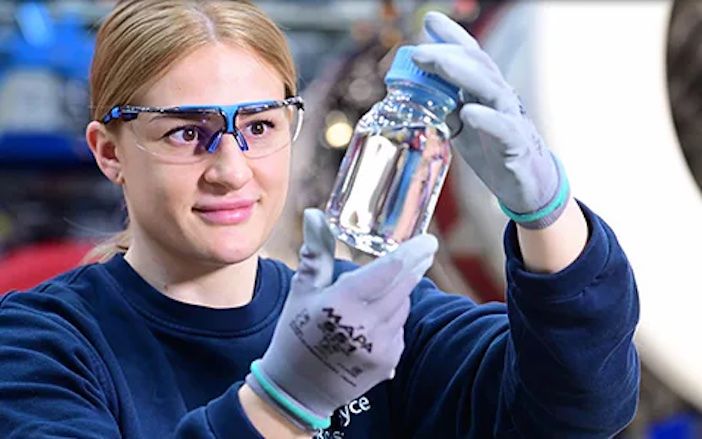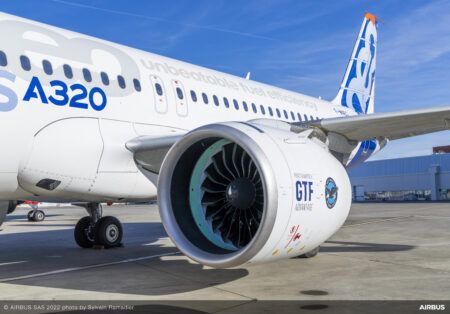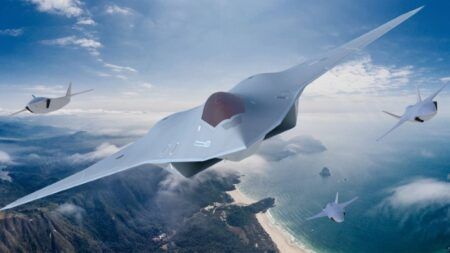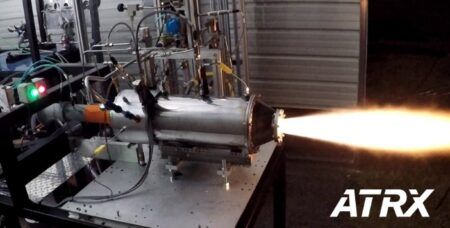Rolls-Royce and biofuel company Alder Fuels are to partner on testing and scaling up the production of a Sustainable Aviation Fuel based on Alder’s “greencrude” technology.
The Memorandum of Understanding (MOU) will see Alder’s Sustainable Aviation Fuel (SAF) undergo testing including flight tests on a Rolls-Royce Pearl engine to evaluate the energy efficiency, emissions criteria, and its low-carbon credentials.
Alder Fuels uses sustainable biomass such as regenerative grasses, forest residues, and agricultural waste products to create low-carbon Alder Greencrude (AGC) that can be converted into a drop-in SAF using existing bio and petroleum refinery infrastructure. Alder claims that the process, which has been developed in close partnership with the US Department of Energy’s National Renewable Energy Laboratory, can produce fuel that achieves greenhouse gas reductions of over 80% compared to fossil-based jet fuel.
Frank Moesta, senior vice president of strategy and future programmes – business aviation, Rolls-Royce, said, “The use of Sustainable Aviation Fuel as a low-emission solution and its global commercial deployment is essential to the decarbonization of medium to long-haul air travel.
“While we are also working on electrification, hybrid-electric and hydrogen technologies as long-term alternatives, rapid decarbonization is within reach through this critical pathway. Through our partnership with Alder Fuels, we are taking the next steps on our journey to net zero and are committed supporters of the UN Race to Zero goal of 10% SAF use across aviation by 2030.”
Bryan Sherbacow, president and CEO of Alder Fuels said, “Our hope is that this collaboration will not only mark an important milestone for the decarbonization of aviation, but that it will send a strong global signal to the market that the future of sustainable flight is here and the time to transition is now.”
The engine tests will assess the performance of AGC-derived SAF compared to fossil-based jet fuel to further support its performance as a drop-in replacement for traditional jet fuel and generate critical data for the development of a 100% SAF specification by ASTM International.
In addition, the SAF will undergo a full lifecycle and criteria emissions assessment, and the data associated with this assessment will be transparently reported to advance global decarbonisation efforts.
Rolls-Royce has previously committed to ensuring all its Trent and business aviation engines are compatible with 100% SAF by 2023. All Trent and business aviation engines are already certified and ready to operate on a 50% SAF blend with traditional fossil-based aviation jet fuel.





